Disclosure: This post may contain affiliate links, meaning we get a commission if you decide to make a purchase through our links, at no cost to you. Please read our disclosure for more info.
Do you ever walk into your home library and feel overwhelmed by the piles of books scattered about? If so, it’s a sign your collection needs some decluttering. Once your books start looking more like a disorganized pile than an organized collection, it’s easy to get deterred from reading. Also, finding the specific book you want becomes a challenge.
The good news is decluttering your book collection is simple with the right strategies. You can find what you’re looking for quickly again, free up space, and share books you no longer want with other readers.
Here are 5 Easy Steps to Quick Decluttering:
In This Post:
1. Create a List of Items You Need and Those You Don’t
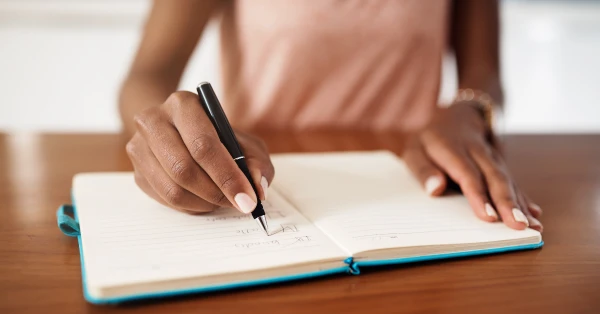
The first step to decluttering is to divide your book collection into two vital categories – books you need and don’t. To do this, go through each book one by one and ask yourself:
- Have I read this book, and is it something I’d like to re-read? If so, keep it in the “need” pile.
- Is this a book I started but didn’t finish and likely won’t return to? Or something I received as a gift but have no interest in reading? If so, put it in the “don’t need” pile.
Organizing your books into these clear categories makes it much easier to identify which ones should be donated, sold, or recycled. It can also help reduce clutter by removing unneeded items from your shelves and reading space. Be ruthless – if you haven’t opened a book in over a year and can’t see yourself reading it in the next 6 months, consider letting it go.
2. Give Old Books You Don’t Need Away
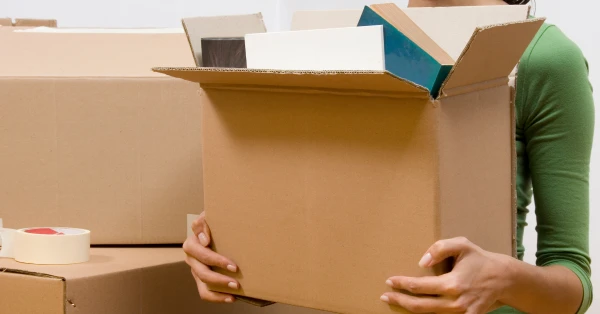
Once you’ve identified the books you no longer need, it’s time to find them new homes where they can be appreciated. Donating textbooks and unwanted books is better than throwing them away, as it allows others to still benefit from the written knowledge. Here are some good options:
- Donate to local libraries. Most libraries accept gently used book donations, which helps expand their collections for others to discover.
- Give to schools, colleges, or nonprofit organizations. Consider donating textbooks, novels, or reference books to classrooms, teaching centers, or organizations related to the book topics.
- Host a neighborhood book exchange. Set up a table on your sidewalk and allow neighbors to swap books they’ve read for others.
- Consign unwanted books to used bookstores. Some stores will sell books on consignment and give you a portion of the profits when they sell.
- Offer books online. Donate to digital libraries or ship through the United States Postal Service Book Donation Program.
3. Always Organize Your Books
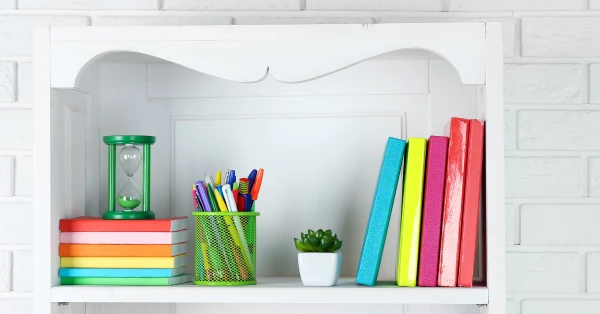
One reason why your book collection looks cluttered is due to the nature and presentation of those books. In other words, your book collection might be one Saturday morning clean-up away from looking neater. Therefore, always take your time to organize your books so they give a smooth appearance. Here are some tips for organizing your book collection:
- Group books by genre, subject, or author. This makes similar books easy to find and creates a cohesive look. You can separate fiction from non-fiction, gather all your cookbooks together, or place books by the same author next to each other.
- Arrange books vertically rather than stacking them horizontally. Stacked books are prone to falling over and looking messy. Store books upright and close together to utilize shelf space efficiently.
- Dust shelves before reorganizing. Wipe down the shelves to remove dust and debris before returning the books. This allows for a fresh start.
With some organization, your book collection can look neatly curated. Don’t hesitate to find even more inspiration and book storage ideas, and implement them in your home library.
4. Reduce the Rate at Which You Purchase Books
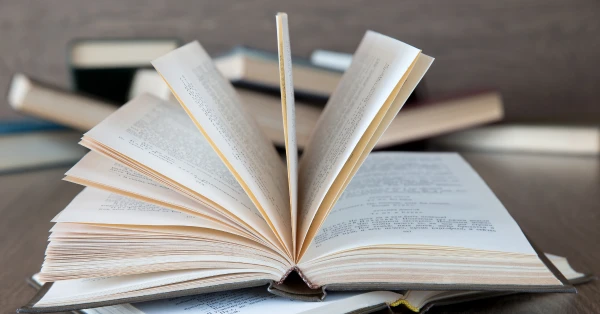
Avid readers often desire to continuously expand their libraries, which can quickly lead to an overwhelming number of books if not appropriately managed. To avoid piles of unread purchases contributing to clutter:
- Take a periodic break from buying books. Set a limit to avoid excessive growth, like only purchasing 1-2 books per month.
- Browse libraries first before buying. Read books from your local library to avoid unnecessary purchases taking up space.
- Finish books before adding more. Read the collections you already have on your shelves before adding additional titles.
- Consider ebooks as an alternative. Digital books don’t take up physical space and are easy to access from any device.
5. Create a Digital Book Collection
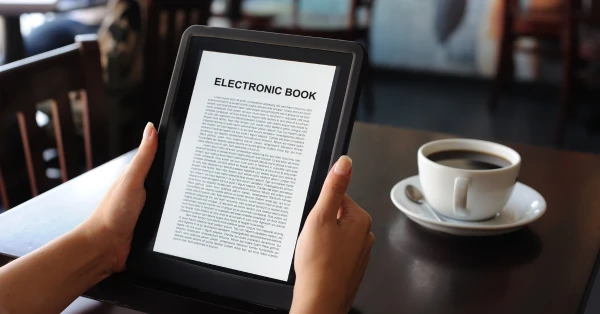
Reducing the physical influx of books over time is important to decluttering and maintaining a clean space effectively. One effective strategy is to create a digital book collection that supports your efforts.
You can achieve this by scanning, photographing, or purchasing ebook/audiobook versions of your favorite titles to archive online. Store them digitally on a computer, cloud storage, or an e-reader, organizing them in folders by genre or series. That way, you don’t have to lose your books to declutter.




